First, if you’re facing a possible foreclosure, Greenacre Law has you covered. With our experienced California real estate attorneys, you have the best chance of keeping your home. In this short introduction, we will lay out some of the ways you can protect your home from banks that want to take back what you’ve invested so much of yourself into. If you own rental properties that may be in danger of foreclosure, see our article on forbearance and foreclosure for small landlords too.
We know that a home is more than a building. Currently, many protections are set to expire in January 31st, but President Biden has promised to extend the moratorium on foreclosures until at least March 31st, and California may follow suit with similar extensions. While you may be protected in the short term by the extended foreclosure moratorium, a COVID-19 vaccine isn’t going to magically allow you to catch up on your mortgage overnight, and over the coming months, more people than ever may be facing foreclosure litigation.
It’s important to realize, however, that lenders do not typically want to take your home: foreclosure is an expensive process, and when it happens, the lender is taking a loss in its investment as well. Therefore, there are opportunities built into the foreclosure process to discuss foreclosure alternatives with your lender.
The best way to defend yourself against foreclosure is to stop it from happening in the first place.
Foreclosure in California is typically nonjudicial, following a set process outside court with provisions to allow the borrower chances to avoid the foreclosure. Nonjudicial foreclosures are faster than judicial foreclosures and do not include a right of redemption (which would give the borrower the chance to buy back the property after the foreclosure).
FORBEARANCE
The first step to avoid foreclosure is to apply for forbearance. Under the CARES Act, homeowners with a federally backed mortgage can attain a forbearance of up to 180 days, with the ability to request another 180 days’ extension. The process simply requires the borrower to affirm financial hardship due to the COVID crisis and request forbearance from your federal loan servicer between March 27th, 2020, and the termination of the state of national emergency. That’s it; no other document is required or can be requested.
Moreover, many financial institutions in California are offering a 90-day grace period for borrowers economically impacted by the COVID crisis without extra fees or charges and will hold off on initiating foreclosure procedures for at least 60 days.
In both cases, there is no negative credit reporting for receiving forbearance, although some servicers are reporting mortgages as current while adding a notation that the loan is in forbearance. While it won’t directly affect your credit score, you should be aware that this notation could make it difficult to take out a new loan or refinance for a while.
Forbearance isn’t forgiveness: you still owe all missed payments, but a few months’ breathing room could make the difference between keeping or losing your home. Consult an experienced California real estate attorney to see what kind of relief is available for your mortgage.
PREFORECLOSURE CONTACT
In California, the lender or servicer must make initial contact with you before recording the notice of default that officially initiates the foreclosure process. At this point, you have the right to schedule a meeting with the lender to occur within 14 days of the first contact. This may be your first opportunity to discuss foreclosure avoidance options, giving you the opportunity to avoid the notice of default altogether.
LOAN MODIFICATION
One common foreclosure avoidance option that may be available to you is loan modification: the lender may be able to temporarily or permanently change the terms of your loan to allow you to make more affordable payments. If your lender does not have a loan modification program, they will likely have other foreclosure avoidance options, so be sure to discuss any possible options with your lender and with your attorney.
RIGHT TO REINSTATE
Up to 5 days before the sale of the property, you can stop foreclosure by paying off the delinquent mortgage payments in full, including fees and costs, bringing the loan “current.” The loan is “reinstated,” and the foreclosure process is stopped.
This is only a brief outline of some possible ways in which you can delay or avoid foreclosure. There may be many other options available to you, but the laws on foreclosure are highly complex: be sure to consult an experienced California real estate attorney to explore all your options and ensure that you receive the best possible protection for your home and mortgage.


